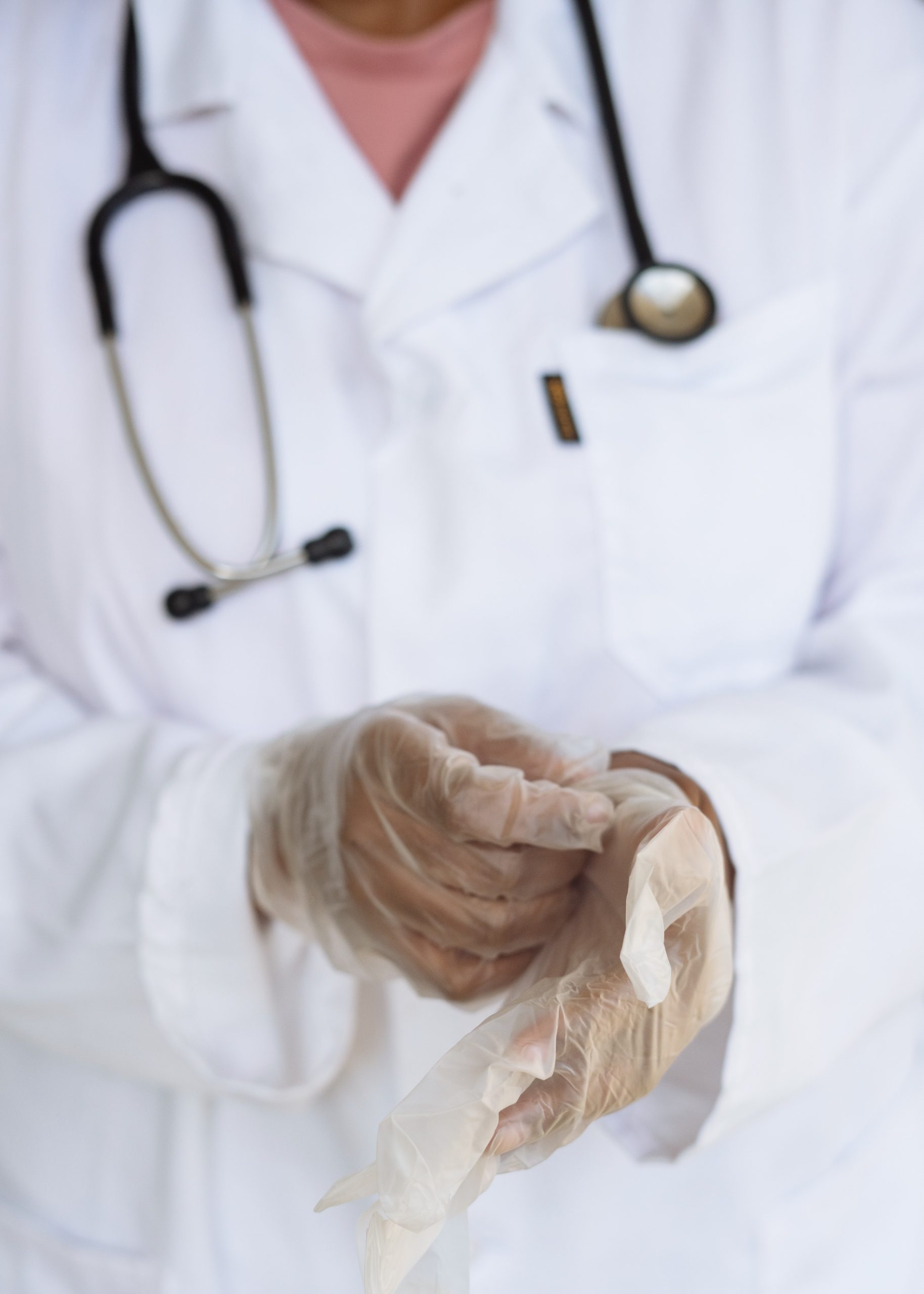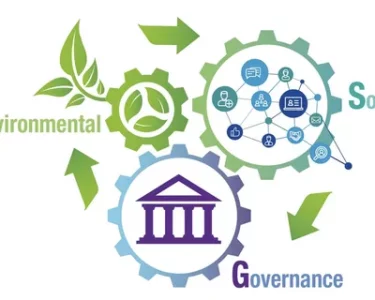In a world grappling with the ongoing challenges posed by infectious diseases, recent scientific advancements offer hope for a brighter and healthier future. From cutting-edge research to innovative solutions, scientists and healthcare professionals have made remarkable progress in the fight against these deadly foes. This article will delve into some of the most exciting developments in this field, highlighting breakthroughs that have the potential to revolutionize the way we combat infectious diseases.
- Revolutionary Vaccines Unleash a New Era
Vaccines have long been at the forefront of disease prevention, and recent breakthroughs have taken this battle to new heights. Novel vaccine technologies, such as messenger RNA (mRNA) vaccines, have proven their effectiveness in combating infectious diseases. These innovative platforms, showcased prominently during the COVID-19 pandemic, provide rapid response capabilities, paving the way for expedited vaccine development and deployment. With ongoing research, these technologies hold promise in addressing other infectious diseases, including emerging threats.
- Targeted Antivirals: Precision Weapons Against Infection
While vaccines play a vital role in disease prevention, the development of targeted antiviral therapies has emerged as a game-changer in the fight against infectious diseases. Scientists are focusing their efforts on discovering and designing drugs that specifically inhibit the replication and spread of viruses, offering more precise and effective treatments. These breakthroughs bring hope for managing viral outbreaks with greater success and reducing the burden on healthcare systems worldwide.
- Harnessing Artificial Intelligence for Early Detection
Artificial intelligence (AI) and machine learning algorithms are revolutionizing disease detection and prediction. By analyzing vast amounts of data, including epidemiological patterns, environmental factors, and clinical indicators, AI systems can identify early warning signs of infectious disease outbreaks. This proactive approach allows public health officials to take swift action in implementing containment measures and minimizing the spread of infections, ultimately saving lives.
- Innovative Diagnostic Tools: Faster and More Accurate Detection
Rapid and accurate diagnostic tools are critical in curbing the impact of infectious diseases. Scientists are constantly developing innovative diagnostic techniques that deliver faster and more reliable results. Advances in portable and point-of-care testing devices, including molecular diagnostics and biosensors, empower healthcare professionals to detect pathogens swiftly, enabling timely intervention and reducing the risk of further transmission.
- Collaboration and Global Cooperation
The fight against infectious diseases demands global collaboration and cooperation. The sharing of research, data, and resources among countries and international organizations has proven instrumental in accelerating progress. Collaborative platforms, such as the Coalition for Epidemic Preparedness Innovations (CEPI) and the Global Outbreak Alert and Response Network (GOARN), foster the exchange of knowledge, expertise, and funding to tackle emerging infectious diseases collectively.
As we navigate a world forever changed by the COVID-19 pandemic, it is crucial to continue investing in research and development, empowering scientists, and fostering international cooperation. By leveraging these recent breakthroughs, we can bolster our defenses against infectious diseases and work towards a future where global health security is strengthened, and lives are saved.
In this ever-evolving battle, hope lies in the hands of those tirelessly working to push the boundaries of science, innovation, and collaboration. As society unites to combat infectious diseases, we move closer to a world where these once-formidable adversaries are brought under control, granting us a healthier and safer tomorrow.




